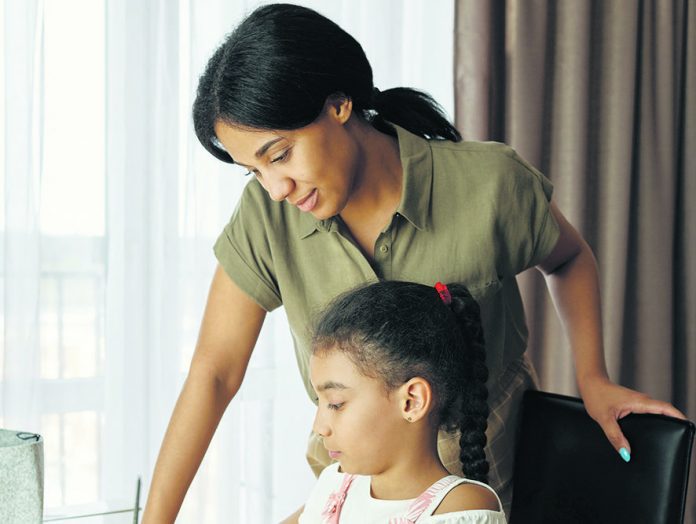Johannesburg – The adage “Mma ngwana o tshwara thipa ka fa bogaleng”, loosely translated “a woman holds the knife on the sharp side of the blade” still holds true today, particularly for single mothers.
A study by Pricewaterhouse- Coopers, 2021 PwC Women in Work Index, shows that Covid-19 has caused an increase in women leaving the workforce due to a sudden shift in focus and additional responsibilities at home.
According to Charnel Ernstzen, the managing director at National Debt Advisors, single mothers are more prone to debt cycles.
“A recent analysis of the organisation’s client base showed that, though 80% of women budget their income, 70% of them simply run out of money before month end.
“This leads them to seek out unsecured debt, and most likely approach unregistered money lenders in the township also known as mashonisas,” she said.
Karen Bongers, the product development actuary at Sanlam, said the pressures of single parenting make it critical for single mothers to have income protection in place in case they get sick, become disabled or die.
“Insurance can enable them to protect their livelihoods and families when they are not able to do so themselves,” said Bongers. Bongers said because single mothers are the sole breadwinners in their households, income protection becomes very important.
“A payout from an insurance product can be a lifesaver, enabling her to continue caring financially for herself and her family,” she said. She said it is important for mothers to understand exactly what they are covered for under each type of policy, and for what amount.
“Disability cover typically pays a lump sum and can be ideal to help repay debt should you become permanently disabled, whereas income protection cover can replace your monthly income if you cannot work due to illness or injury, either temporarily or permanently.”
Life cover can assist with dependents’ long-term expenses in the even of death or can be used to pay off debt.
“There is the option to choose a benefit that pays a lump sum or one that pays an income. “One of the advantages of a death income benefit is that your dependents will be paid a steady monthly income for a specified period without the risk of the money running out too soon,” she said.
“You can even get cover, which pays a lump sum or income should your child become seriously ill. Such an event will not necessarily affect your ability to earn an income, but will likely affect your income in an indirect way.”
Bongers also emphasised the importance of seeking financial advise. “A financial adviser can take you through the documentation and explain exactly how the cover works and what you are covered for to ensure that you understand what you are paying for and what you will be able to claim for,” she said.
It is important to review benefits at least once a year.
“This way, you will ensure that the benefits remain up to date and continue to meet the needs of those who depend on you financially,” explained Bongers.
Follow @SundayWorldZA on Twitter and @sundayworldza on Instagram, or like our Facebook Page, Sunday World, by clicking here for the latest breaking news in South Africa. To Subscribe to Sunday World, click here.
Sunday World



